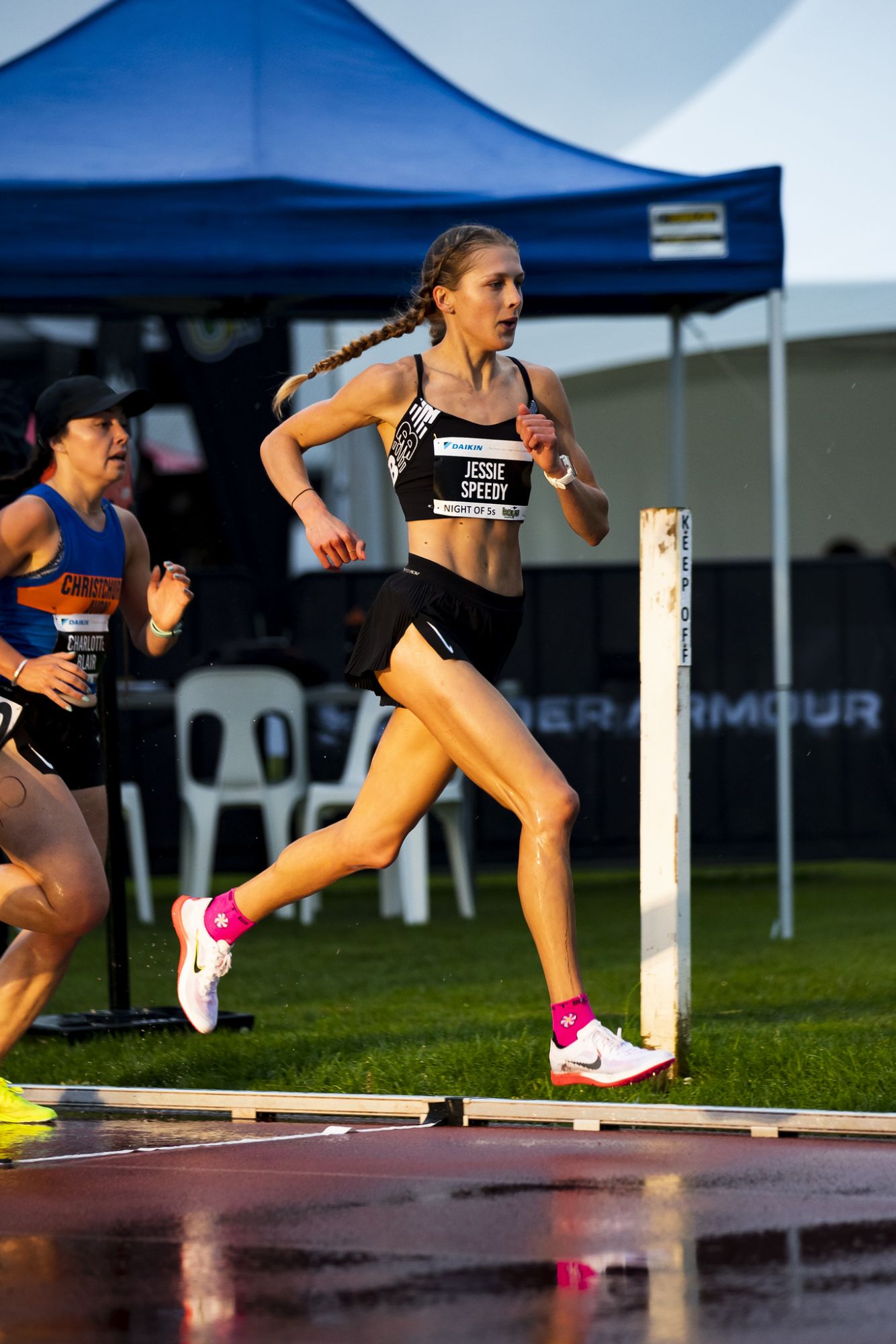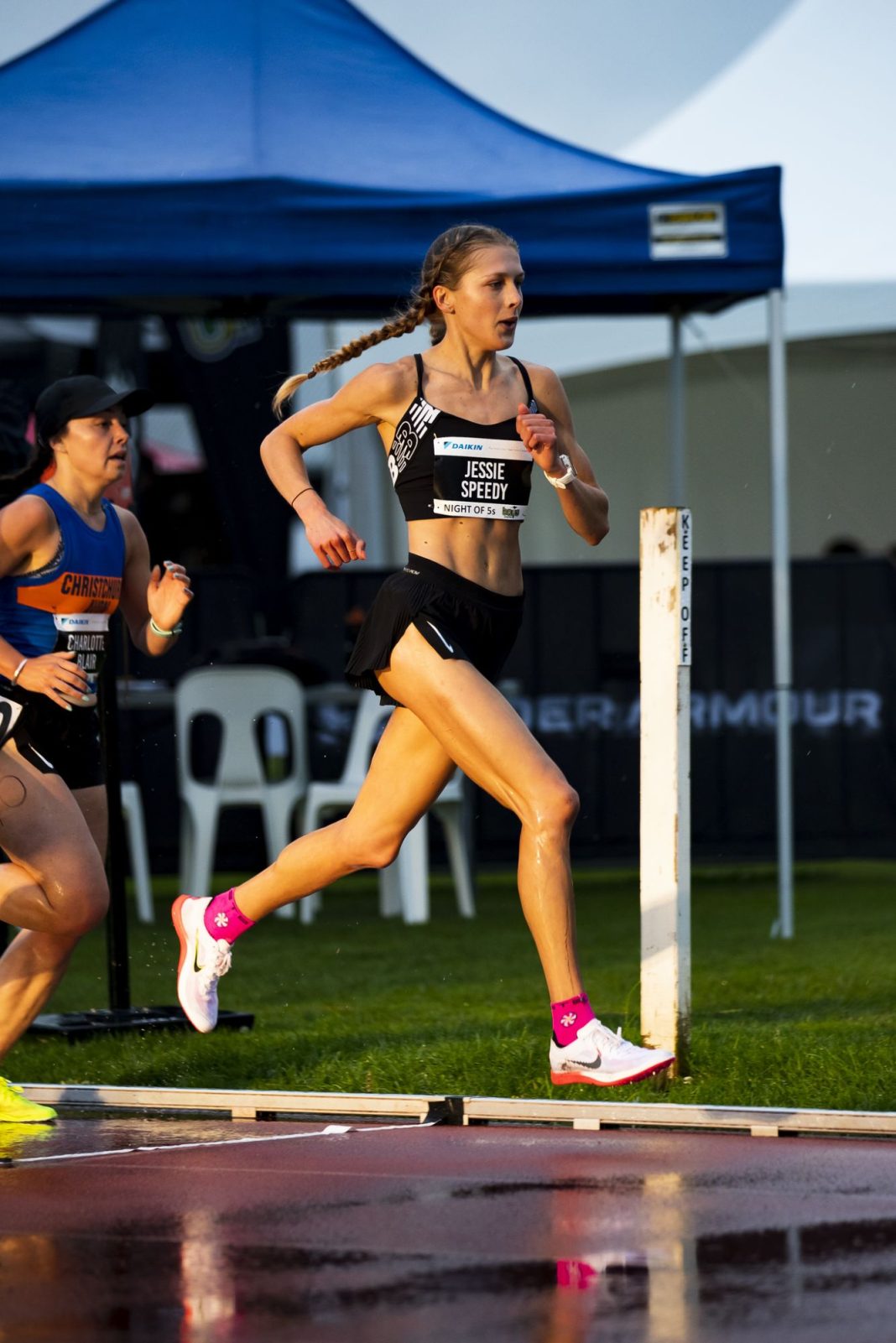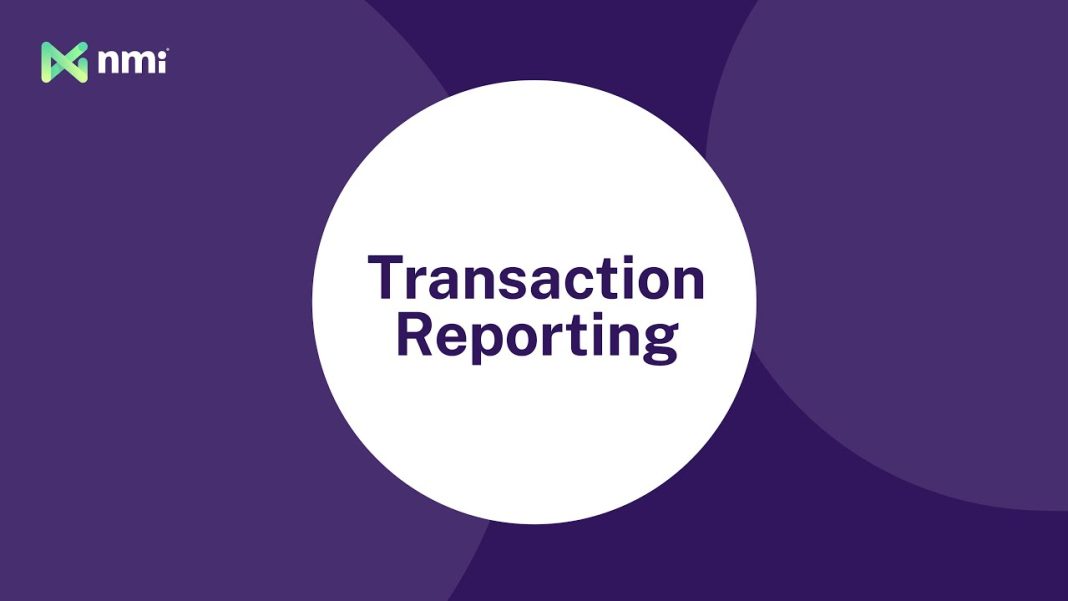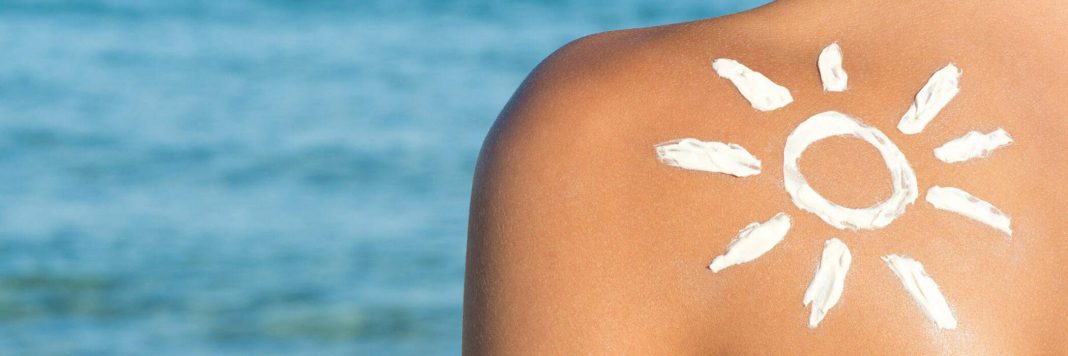 Bandit Running’s Unsponsored Project is making waves at the U.S. Track & Field Olympic Trials this year. The project aims to challenge the traditional sponsorship model for professional athletes and provide support to up-and-coming competitors. At the trials, 35 athletes are donning all-black, logo-less gear provided by Bandit Running instead of purchasing their own apparel with major brand logos, effectively providing free advertising for those companies.
Bandit Running’s Unsponsored Project is making waves at the U.S. Track & Field Olympic Trials this year. The project aims to challenge the traditional sponsorship model for professional athletes and provide support to up-and-coming competitors. At the trials, 35 athletes are donning all-black, logo-less gear provided by Bandit Running instead of purchasing their own apparel with major brand logos, effectively providing free advertising for those companies.
Bandit co-founder Tim West explained that the company is offering at least 35 two-week endorsement deals for unsponsored runners at the trials, which serve as a gateway for U.S. Olympians into the four-year games. These deals include unbranded apparel, a platform, and cash to cover expenses. The goal is to create a new sponsorship model where brands allocate a portion of their budget to amateur and sub-elite athletes, thereby helping to grow the sport. West believes that lifting up these athletes will have a positive ripple effect on the entire industry.
The endorsement deals offered by Bandit Running have a built-in release clause, allowing athletes to easily exit if they receive a traditional sponsorship offer during the trials. This flexibility ensures that the project serves as a stepping stone rather than a hindrance to athletes’ long-term sponsorship prospects.
Notably, the all-black, logo-free kits worn by the athletes participating in the Unsponsored Project help draw attention to those who may be available for longer-term sponsorship deals. This strategic design choice highlights the potential for brands to identify promising athletes and strike mutually beneficial partnerships.
One athlete embracing the Unsponsored Project is Courtney Okolo, a 400-meter runner who won a gold medal in the 2016 Rio Olympics and was sponsored by Nike for four years. Despite her previous sponsorship, Okolo acknowledges the difficulties of competing without financial support. Bandit Running’s initiative has made her feel like she isn’t alone in her journey. Okolo emphasizes that even showing up to compete is expensive, considering the costs of training, traveling to Eugene, Oregon for the trials, booking accommodations, and purchasing competition apparel. While Okolo has been able to rely on her previous sponsorship for the past four years, many athletes in the sport do not have such partnerships.
Brandee Johnson, a 26-year-old unsponsored track athlete who qualified for the Olympic trials this year, has been working two jobs and a side gig while dedicating hours each day to her training. Johnson joined the Unsponsored Project as an alternative avenue to achieving her Olympic dreams. She appreciates being associated with something that is making a positive impact on people’s lives while also providing her with the support she needs to succeed.
The stories of athletes like Okolo and Johnson highlight the financial challenges faced by unsponsored athletes. Training and competing at an elite level require significant investments of time and money. Many athletes find it difficult to balance a full-time career with their athletic pursuits. Bandit Running’s Unsponsored Project offers a glimmer of hope, providing a platform for these athletes to showcase their talents and potentially attract long-term sponsorships.
In conclusion, the Unsponsored Project by Bandit Running is revolutionizing the sponsorship model for professional track and field athletes. By offering endorsement deals, unbranded apparel, and financial support to unsponsored runners at the Olympic trials, Bandit Running is challenging the status quo and providing opportunities for athletes who may not have otherwise had access to such resources. This initiative not only benefits the individual athletes but also has the potential to uplift the sport as a whole.


